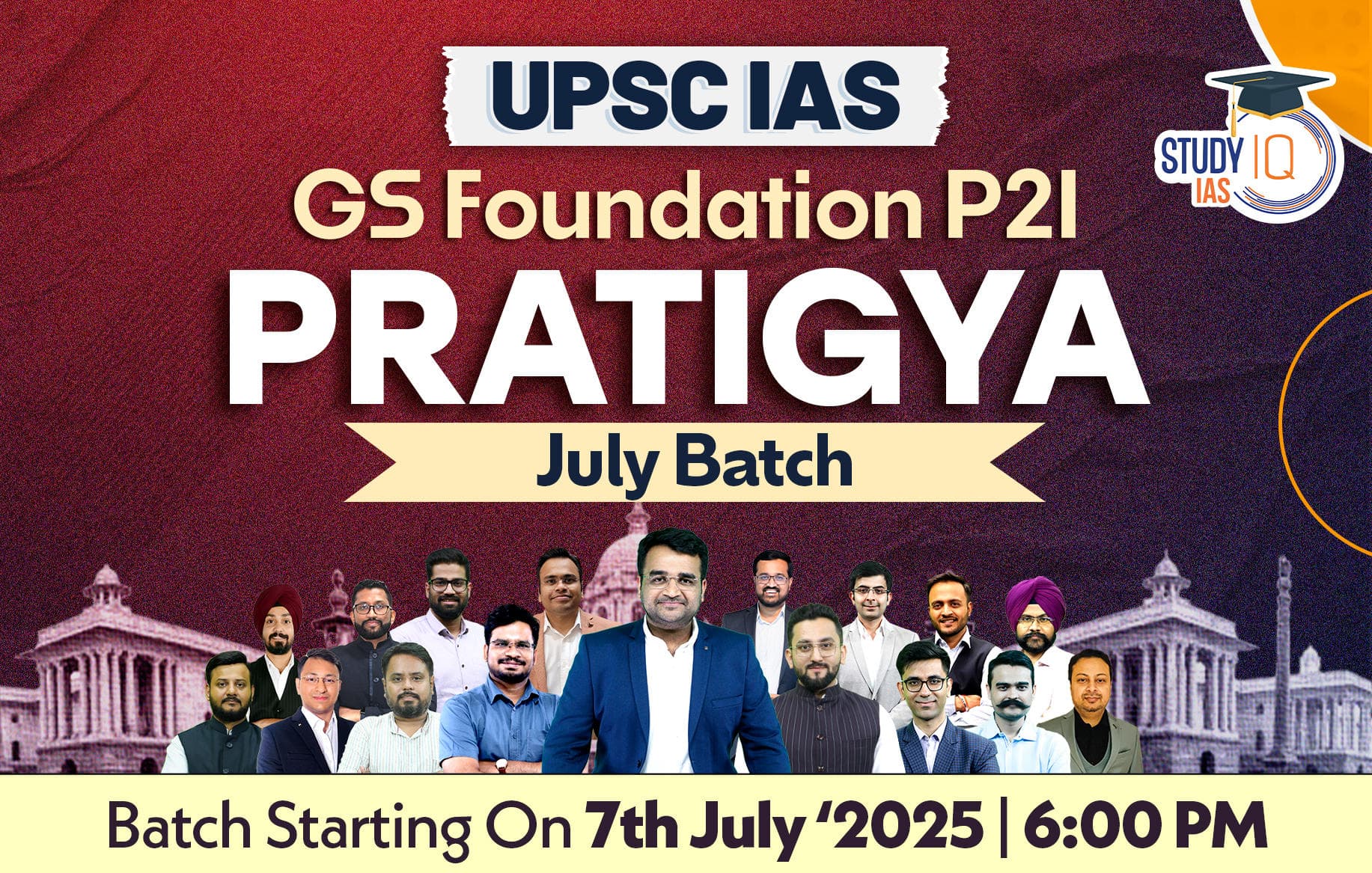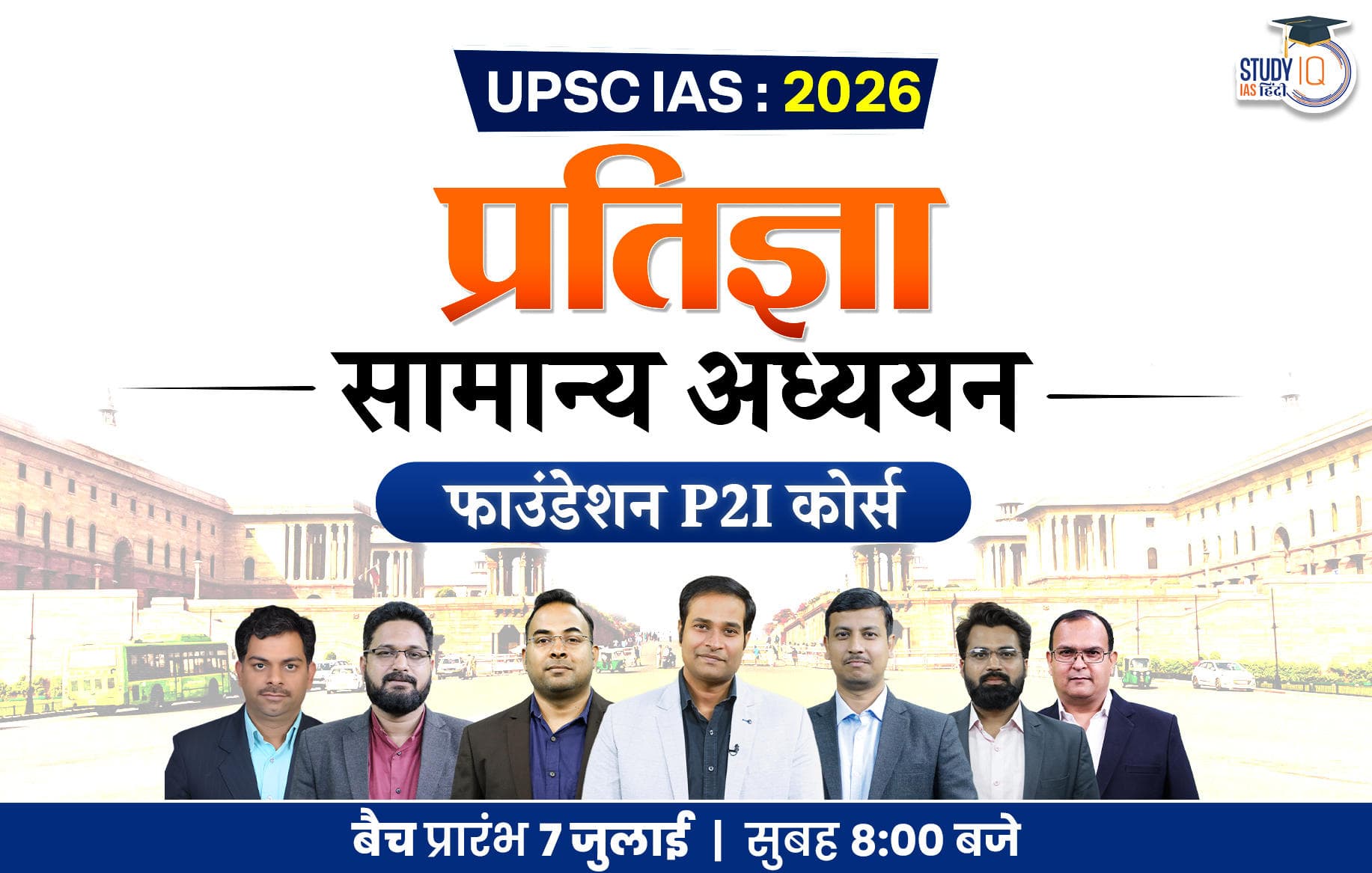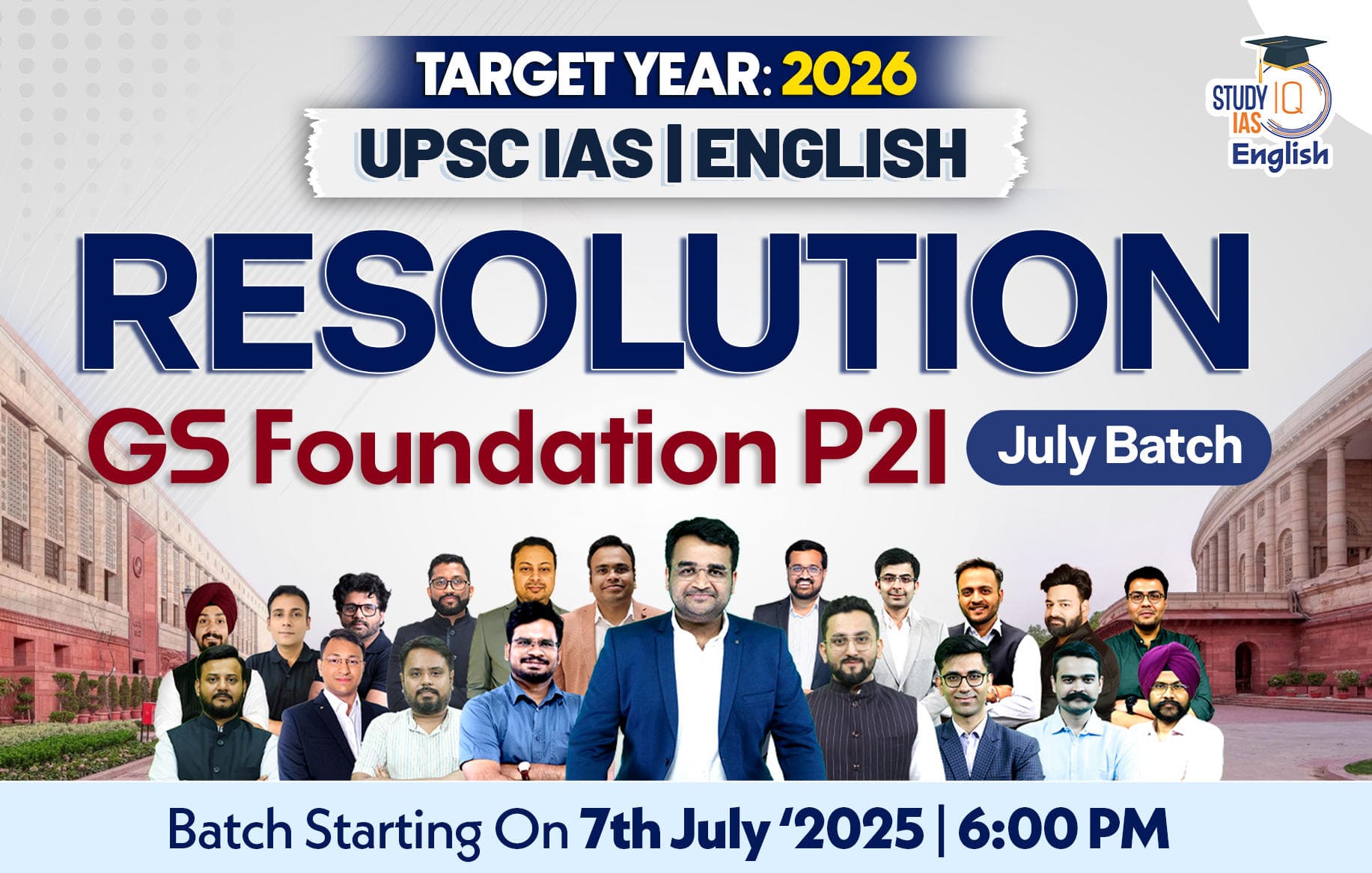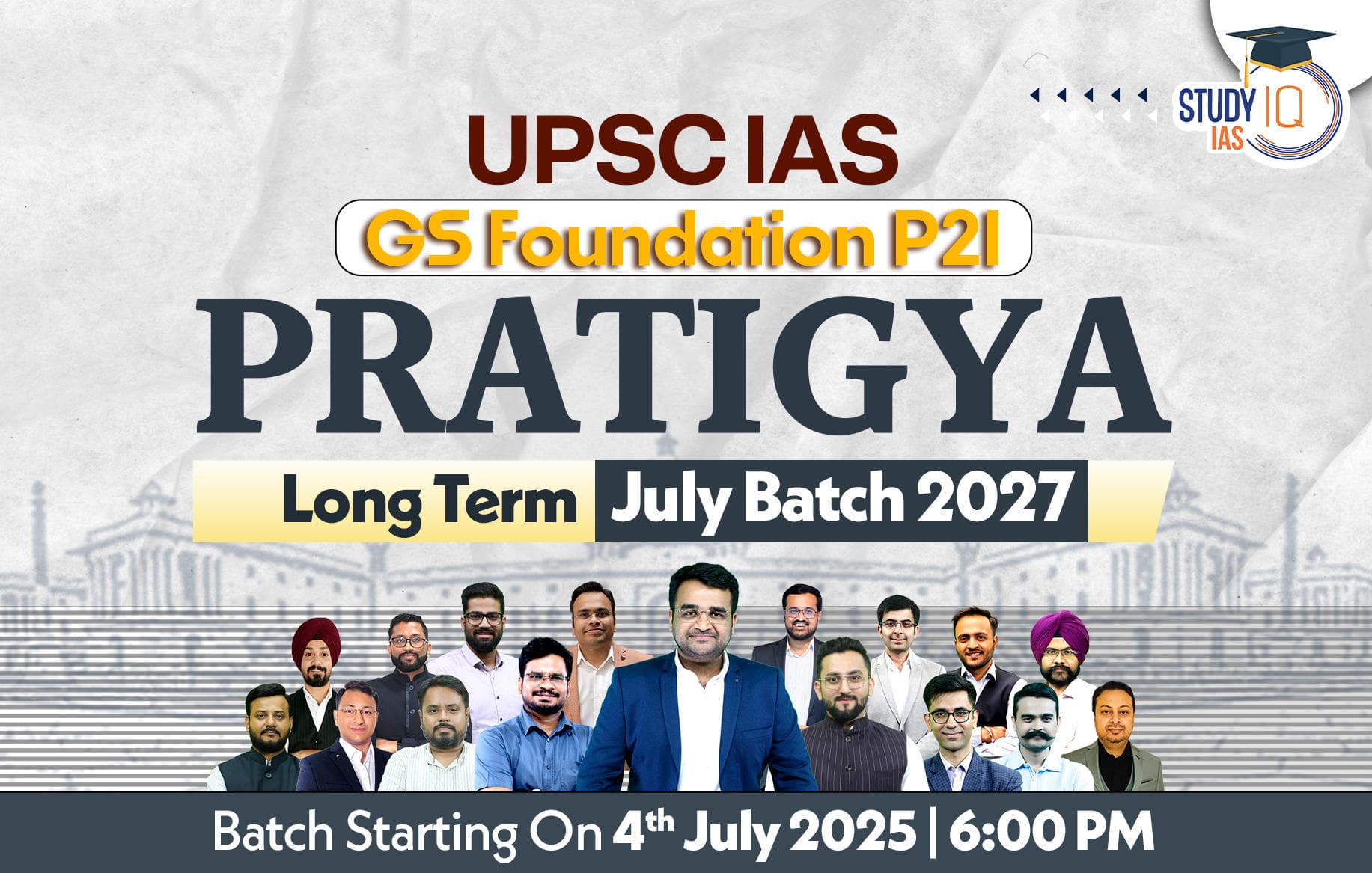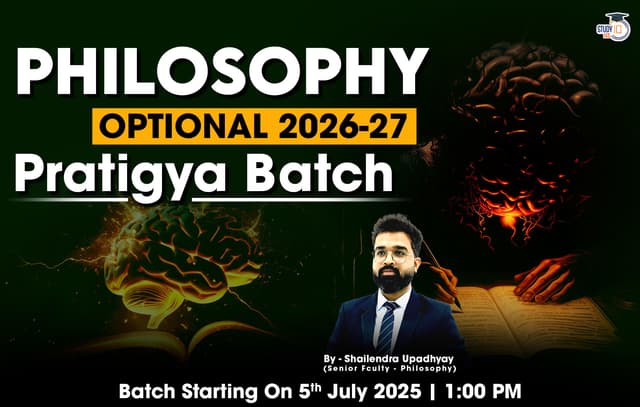2. The empires of the future will be the empires of the mind
Decoding the topic:
- Core theme: Power of ideas/knowledge/technology to dominate and shape influence in the 21st century .
- Traditional empires: Established by physical conquest, battles and war.
- Future empire: It will not be built on territorial conquest or military might but on intellectual capital, innovation, technology and R&D.
- Context: This is a quote by Winston Churchill. The British empire was built on military prowess and conquest of territories (colonization) in the 18th and 19th century. However, in the future, nations that focus on intellectual power will be superior.
Approach
- Introduction: Introduce with an anecdote that shows the dimensions that will be covered in the essay. There are three broad dimensions of the topic.
- First, the age of physical conquest is behind us—territorial expansion is no longer the primary means of establishing global dominance.
- Second, intellectual power will drive the future— nations /companies/ societies/ polity that lead in education, technology, innovation and diversity of thoughts will be the dominant forces.
- Third, with AI and digital advancements, intellectual power becomes even more crucial—in the coming years, leadership in artificial intelligence, research and digital transformation will shape the new global order.
- Body: In the body, show different dimensions of how the mind or intellectual power will help in creating dominance in future. Elaborate on the above dimensions by giving examples from across history, economy, polity, technology etc.
- Critical angle: Technological power, R&D etc has potential to exacerbate existing inequalities and create new forms of inequalities.
- Where is India placed in it– some initiatives that India is taking to create an empire of mind.
- Conclusion: Conclude by showing that India can become vishwaguru by winning the battle of mind.
Introduction
Anecdote to show the failing nature of physical conquest in the 21st century and contrast it with the rising influence of intellectual power.
“This is not an era of war”- PM Modi. In the third year of a gruelling conflict, Russia’s ambitions to expand its dominion through traditional military force have faltered in the face of Ukrainian resilience. The war has become a sobering reminder of the limitations of brute force in the 21st century.
Meanwhile, thousands of miles away in Silicon Valley, a different kind of empire thrives. Unburdened by the constraints of tanks and trenches, USA is continuing its march, extending its influence through codes and algorithms. The dominance of its tech giants isn’t built on territorial conquest but on the boundless frontiers of the mind.
In the future, AI is accelerating this shift towards intellectual dominance. The nations and organisations that master AI will wield unprecedented power, not through military might, but through their ability to harness the potential of machine learning, data analysis and automation.
Body: Dimensions to be opened
- Historical-
-
-
- Traditional empires: Territorial battle fought by Army/Naval power. Examples: Roman Empire, Mongol Empire’s expansion under Genghis Khan.
- Economic: Empire of economic power shifting from physical resources to knowledge economy. Countries like South Korea and Israel have become global leaders despite their small size and lack of natural resources.
- Education, skills and R&D have allowed them to build intellectual “empires” that transcend physical boundaries.Contrast with nations rich in natural resources but lacking in educational infrastructure and technological advancement lagging behind like Africa and Latin America.
- Business empires: Traditional dominance by merchants/ Silk route traders. Now, it is through innovation. Steve Jobs built the empire of Apple on the slogan of “imagineering”. Those that relied on traditional modes to conquer like Motorola perished. Those that adopted innovation survived.
-
- Technology: The rise of AI
-
-
- Artificial Intelligence will Contribute $16 trillion to the global economy through 2030 as per PwC.
- Military use of AI: Autonomous robots & AI’s ability to analyze vast amounts of data in real-time. Imagine an AI system capable of sifting through the entirety of human knowledge, historical battles and real-time battlefield data to devise optimal strategies and tactics within seconds..
- Soft power: power of mind means influence of soft power of a nation. Through soft power, nations can win hearts and minds without firing a single shot. It is also more sustainable than military conquest because it builds alliances, fosters goodwill, and promotes shared values.
- Political empire: Ideologies that promote open dialogue, diversity and innovation. Importance of democracy in creating empires of mind.
- Importance of renaissance and reformation in Europe’s scientific revolution. West and EU’s democracy.
- Open dialogue, tolerance of diverse perspectives and protection of individual freedoms allow societies to thrive intellectually and economically.
- Conversely, dictatorships and authoritarian regimes may achieve short-term gains but their suppression of dissent and lack of intellectual freedom eventually stifles progress and innovation (Nazi Germany’s eventual downfall).
-
- Implication for future:
-
- To invest in education: Education is the bedrock of progress. It empowers individuals to innovate, create and solve problems.
- Promote Innovation: it is essential for solving global challenges such as climate change, poverty and healthcare. The future will belong to those who can think critically, adapt to changing circumstances and push the boundaries of human knowledge. The competition will be decided not on battlefields but in classrooms, laboratories and think tanks.
Critical dimension
- Intellectual and technological power can exacerbate inequalities between nations and within societies. R&D is resource intensive so developing countries might not be able to invest and reap the benefits.
- Similarly, the concentration of technological power in the hands of a few corporations or countries can lead to new forms of imperialism, where control over information and innovation becomes a means of domination.
- Example: During COVID-19 pandemic, developed nations were able to produce vaccines rapidly and secure supplies for their populations while developing countries struggled to procure them.
Is India on the right track to create empire of the mind?
- New Education Policy aims to make India a knowledge based economy.
- Missions like Atal Innovation Mission, Atal Tinkering Labs etc are right steps to promote innovation.
- With initiatives like SAGAR, promotion of Yoga etc India is promoting its soft power too.
Conclusion: Bharat vishwaguru by winning battle of mind.
From the ancient era of Nalanda and Takshashila, which attracted scholars from across the world, to the philosophical debates of the Upanishads, India’s civilization has flourished through the exchange of ideas, culture of dialogue, innovation and spiritual inquiry
In keeping with this historical tradition, India’s aspiration to become Vishwaguru will depend on its ability to create a society where the mind is free and knowledge is supreme.
As Tagore envisioned, a future where “knowledge is free” and the world is not “confined into narrow domestic walls” will be the cornerstone of India’s leadership. Only then can Bharat truly rise as the empire of the mind, guiding the world with wisdom, intellect and compassion.

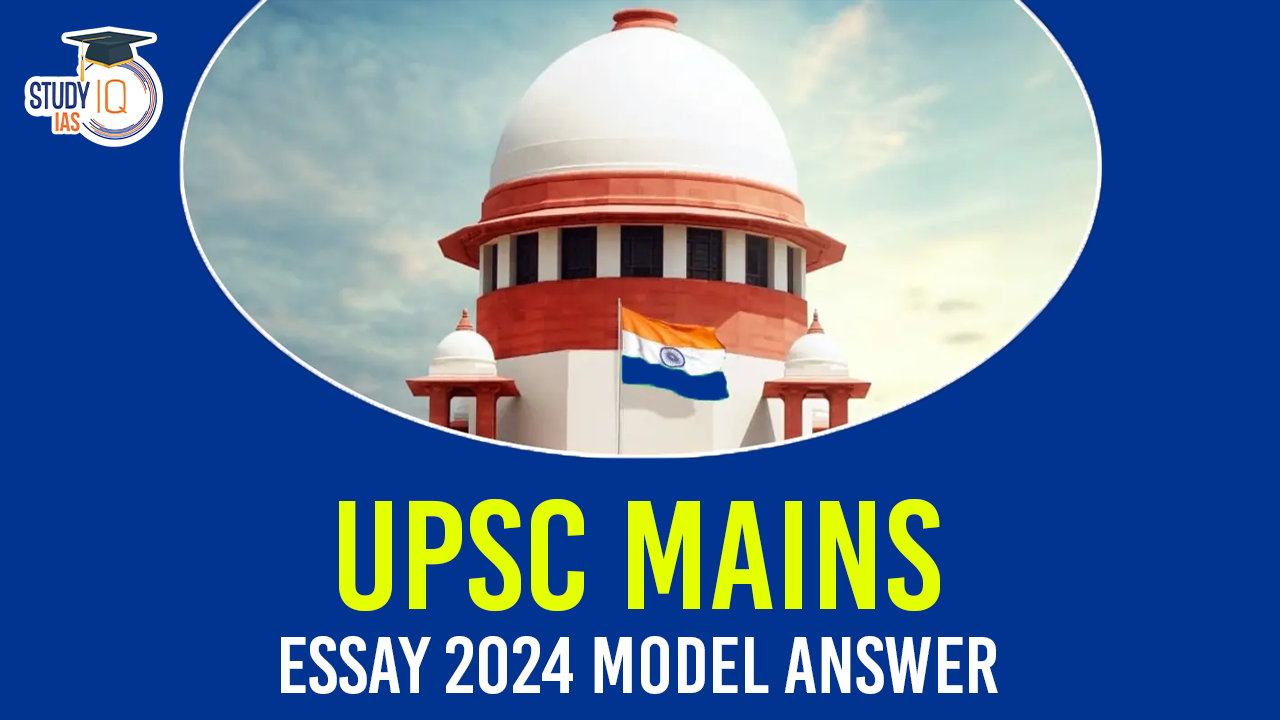
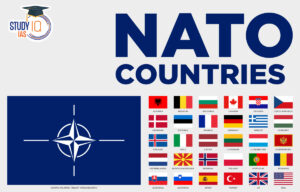 NATO Countries List 2025, Members, Funct...
NATO Countries List 2025, Members, Funct...
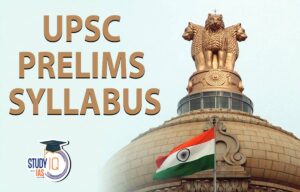 UPSC Prelims Syllabus 2025 PDF, Check Su...
UPSC Prelims Syllabus 2025 PDF, Check Su...
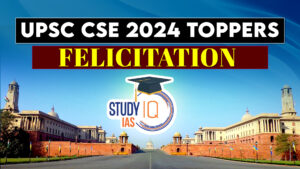 UPSC Toppers 2024 Felicitation Program b...
UPSC Toppers 2024 Felicitation Program b...

